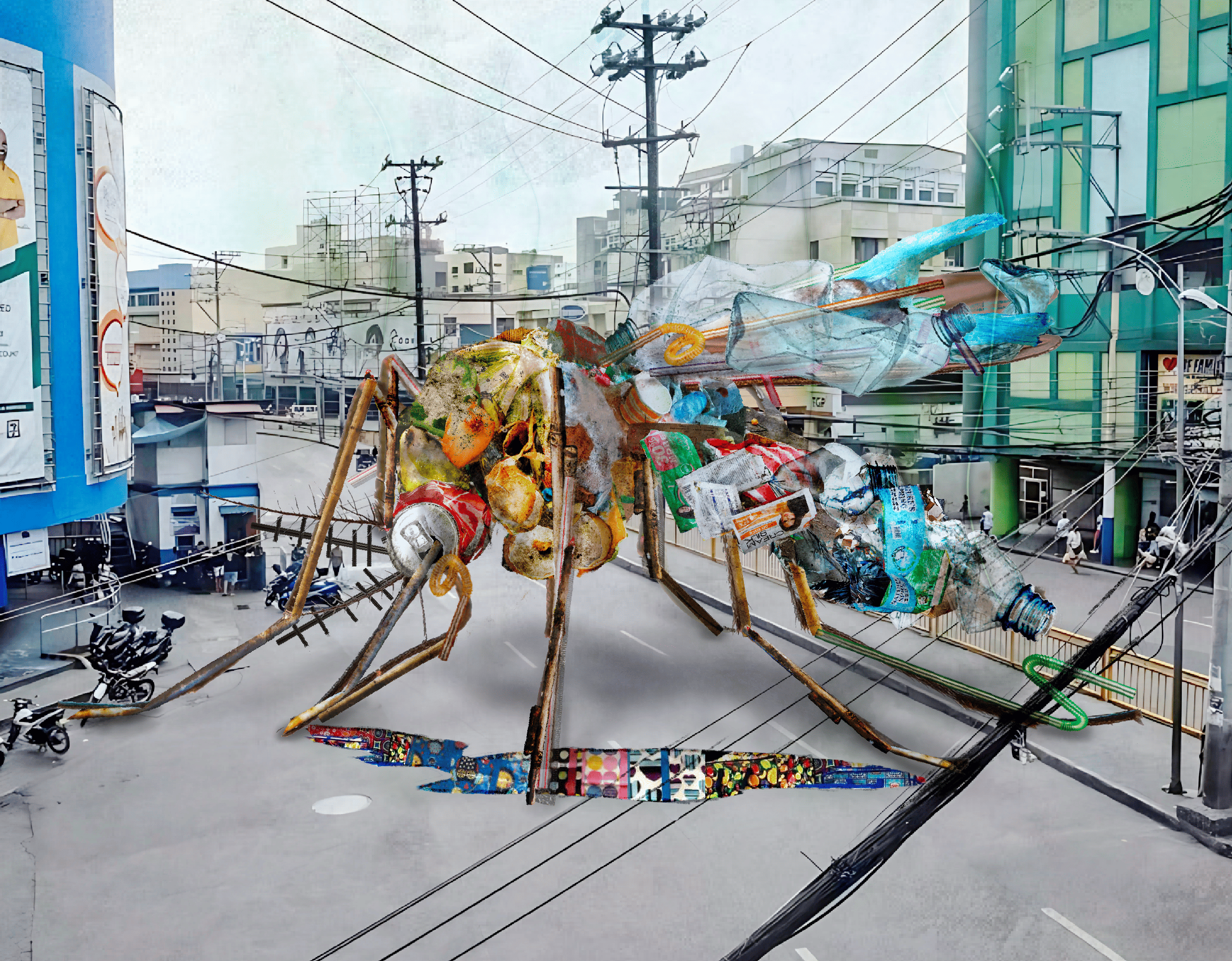At MEC Electronics Philippines Corporation in Rosario, Cavite, workers spent years assembling under grueling shifts and stifling heat, enduring unsafe conditions and low pay to produce electronic components for brands like Dyson.
A union existed on paper but offered no real resistance to workplace injustices, leaving workers voiceless and virtually unprotected.
It was not until union president Jessica Bonus and workers like Janelle Escalante stood up and revived the group in 2022 that things began to change for the better. Through organized protests and solidarity, the union secured long-denied benefits and wages.
Collective action through unionization is the primary force capable of confronting systems built to prioritize profit over people. Without strong unions, workers are rendered vulnerable to unfair wages and inhumane working conditions.
Disconnected
Although MEC’s Electronics Workers Union Independent was founded in 2013, it remained largely inactive under its previous president. Monthly dues of P150 from over 450 members went unaccounted for, and serious complaints on egregious workplace conditions were ignored, said production worker Escalante.
This neglect exacerbated management’s impunity, knowing the union would not assertively challenge them.
Unbearable heat was the foremost recurring complaint. In MEC, there are three production areas. Escalante operates in production two, where around 300 workers share the floor. Subpar air conditioning failed to offset the combined heat of hundreds of soldering machines, sometimes causing workers to faint. “Minsan nga pag summer, talagang hindi maiiwasan magkaroon ng rashes sa mga leeg,” Escalante said.
These harsh conditions contradict standards set by the Department of Labor and Employment, which mandates employers to enact heat protection measures for workers, including proper ventilation and additional rest breaks.
Adding to the workers’ strain was their delayed collective bargaining agreement (CBA). In 2019, management repeatedly postponed negotiations, citing the pandemic as justification, said Bonus, who was the union’s vice president at the time. Once the dispute reached the National Conciliation Mediation Board three years after initial negotiations, only one out of three items was granted—a P24-wage increase. While this is a marginal increase from their minimum wage salary of P520, it still falls short of the income needed to sustain a family of five, set at P1,217.
Ultimately, the previous union president resigned in 2022, citing “better opportunities” for their abrupt exit. However, pressure was mounting from within as Bonus, with her more assertive stances, was gaining support among the workers. She was elected to the presidency in the same year.
Restoring Power
Under new leadership, the union wasted no time reconnecting with its membership and rallying them into collective action.
During the most recent CBA cycle, which began in July 2024, management once again stalled progress for a year over ground rules and wage hikes. The union initially proposed 11 union representatives and one negotiation day per week, but management forced a downsize, slowing progress by reducing representatives to five and limiting talks to three hours per week.
Wages proved to be the most contentious, with zero offers from management. As talks dragged on without progress, the union mobilized its members in different forms. Workers wore handkerchiefs around their arms, red ribbons were tied around the workplace, and placards were displayed in the canteen.
Throughout negotiations in 2024, the union amplified their calls by picketing inside the compound when items were deadlocked. “Ngayon, dahil ganon sila, nagkakaroon kami ng mga SSP—sama-samang pagkilos. Pag kami nagkakaroon ng SSP, pag nag-nego[tiate] ulit kami, nagkakaroon siya ng pagbabago, nagbibigay sila,” Bonus said.
In June, management relented to workers’ core demands and a number of additional benefits. Among them were full and partial healthcare coverage for employees, a P2,000 signing bonus, and a P30 wage hike that included 12 months of backpay as compensation for the delays.
Sustained union pressure also led to improved working conditions, including better air conditioning units. “Sa limang taon ko diyan, parang pag dating three years ko lang siya naramdaman na palamig na kasi don lang din naging active yung union namin,” Escalante said.
And unlike the previous term, union dues were properly utilized to fund participation in mobilizations such as on Mayo Uno and solidarity efforts with strikers at Nexperia. Funds also covered expenses for officers like Bonus to attend labor conferences in regions like Laguna and Baguio, learning and strengthening union work with fellow labor groups.
Hardwired
Unions resort to these actions because employers often fail to act with fairness, despite relying on the very workers who power their profits. “Hindi ako hihiling [sa management] ng kahit ano. Kay union ako hihiling kasi nakakasigurado ako na may patutunguhan ang mga hinihiling ko,” Escalante said.
This renewed activity has sparked greater engagement within the MEC workforce. Weekly educational discussions every Sunday draw increasing participation, as workers grow more conscious of the power they hold.
“Ngayon, dahil nakikita nila nung magkaroon kami ng CBA na maayos, kumbaga yung pinaglalaban talaga, nakikita na nila yung kahalagahan ng CBA, ng paguunyon,” Bonus said.
These efforts are mirrored in other workplaces. In factories like Nexperia, organized labor has successfully fought for improved conditions. But elsewhere, many struggles remain stifled. For more than two months, Kawasaki workers have picketed, demanding the resumption of CBA negotiations, but remain ignored.
In some places, unions are absent altogether. As of 2022, only 4.5% of establishments in the country had unions, and just 8.4% of total employees were covered by CBAs, according to the Philippine Statistics Authority. Union participation remains low because workers attempting to organize are often targeted by managers who terminate unionized employees and the state that persecutes them, as confirmed by the Philippines’ inclusion in the top 10 worst countries for workers in the Global Rights Index 2025.
Progressive labor groups like Kilusang Mayo Uno have repeatedly called for stronger legal safeguards against union-busting, including the passage of the Union Independence Act. The bill penalizes red-tagging of unions and any interference with a worker’s right to self-organization.
The transformation at MEC offers a glimpse of what becomes possible when workers are protected. Now, its employees who once toiled in the heat are treated with dignity, backed by a union strong enough to tip the scales and shift power back to the workers who remain the true drivers of production. ●
First published in the July 28, 2025, print edition of the Collegian.





